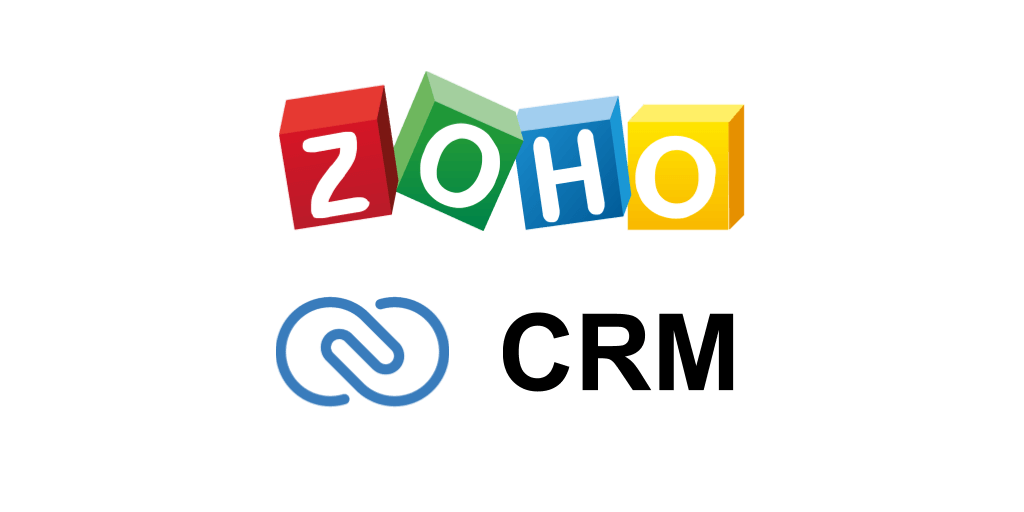In the ever-evolving landscape of business management, Customer Relationship Management (CRM) software has become an indispensable tool for organizations seeking to streamline their operations and enhance customer interactions. Zoho CRM stands out as a powerful solution in this realm, offering a comprehensive suite of features designed to optimize sales processes, boost productivity, and foster stronger relationships with customers. In this article, we will delve into the key aspects of Zoho CRM, exploring its features, benefits, and how it can empower businesses to achieve unprecedented success.
Table of Contents
ToggleI. Overview of Zoho CRM:
Zoho CRM is a cloud-based CRM platform developed by Zoho Corporation, a renowned software company known for its suite of business applications. Launched in 2005, Zoho CRM has evolved into a robust solution that caters to the needs of businesses of all sizes, from small startups to large enterprises. The platform is designed to centralize customer information, automate sales processes, and provide valuable insights to drive informed decision-making.
II. Key Features:
- Contact and Lead Management: Zoho CRM excels in organizing and managing customer data. The platform allows businesses to create detailed profiles for each contact, tracking their interactions, preferences, and history. The lead management features enable efficient tracking of potential customers through the sales funnel, ensuring that no opportunity is overlooked.
- Sales Automation: Automation is at the heart of Zoho CRM, enabling businesses to automate repetitive tasks, such as lead assignment, follow-ups, and email communication. This not only saves time but also ensures consistency in the sales process, leading to increased efficiency and higher conversion rates.
- Pipeline Management: Zoho CRM provides a visual representation of the sales pipeline, allowing users to track deals at every stage. This feature helps in identifying bottlenecks, analyzing conversion rates, and optimizing the sales process for better results.
- Workflow Automation: Customizable workflow rules empower users to automate complex business processes. Whether it’s sending automated emails, updating records, or assigning tasks, Zoho CRM allows businesses to tailor workflows to their specific needs, enhancing overall efficiency.
- Analytics and Reporting: Zoho CRM offers robust analytics and reporting tools that provide real-time insights into sales performance. Users can create custom reports, dashboards, and charts to monitor key performance indicators, enabling data-driven decision-making.
- Integration Capabilities: Zoho CRM seamlessly integrates with a wide range of third-party applications and services, including email, marketing automation, and collaboration tools. This ensures that businesses can create a unified ecosystem that aligns with their unique requirements.
III. Benefits of Zoho CRM:
- Cost-Effective Solution: As a cloud-based CRM, Zoho CRM eliminates the need for significant upfront investments in hardware and infrastructure. This makes it a cost-effective solution for businesses of all sizes, especially smaller enterprises with budget constraints.
- User-Friendly Interface: Zoho CRM is renowned for its user-friendly interface, making it accessible to users with varying levels of technical expertise. The platform’s intuitive design ensures a smooth onboarding process and facilitates efficient navigation.
- Scalability: Zoho CRM is highly scalable, allowing businesses to adapt and grow without the need for a major overhaul of their CRM system. Whether you’re a startup with a handful of users or a large enterprise with a global sales team, Zoho CRM can scale to meet your evolving needs.
- Mobile Accessibility: In the age of mobile workforces, Zoho CRM provides robust mobile applications that enable users to access critical information, manage tasks, and stay connected with customers while on the go. This enhances flexibility and ensures that sales teams can be productive from anywhere.
- Enhanced Customer Relationships: By centralizing customer data, automating communication, and providing valuable insights, Zoho CRM contributes to building stronger and more meaningful relationships with customers. This, in turn, can lead to increased customer satisfaction and loyalty.
IV. Real-World Use Cases:
- Small Businesses: For small businesses, Zoho CRM serves as an all-in-one solution to manage contacts, leads, and deals effectively. Its affordability and scalability make it an ideal choice for startups and growing enterprises looking to establish a solid foundation for their sales processes.
- Mid-sized Enterprises: Mid-sized enterprises benefit from Zoho CRM’s advanced features, including customizable workflows and in-depth analytics. The platform’s ability to adapt to the growing needs of a business without compromising on performance makes it a preferred choice for companies experiencing rapid expansion.
- Large Enterprises: Large enterprises leverage Zoho CRM’s extensive customization options and integration capabilities to create a tailored CRM solution that aligns with their complex requirements. The platform’s ability to handle a high volume of data and support a large number of users makes it suitable for organizations with extensive operations.
V. Conclusion:
Zoho CRM stands out as a comprehensive and versatile CRM solution that empowers businesses to streamline their sales processes, enhance customer relationships, and make informed decisions. From its user-friendly interface to its robust automation features, Zoho CRM caters to the diverse needs of businesses, regardless of their size or industry. As organizations continue to prioritize customer-centric strategies, Zoho CRM remains a valuable ally in achieving sustainable growth and success in the competitive business landscape.





